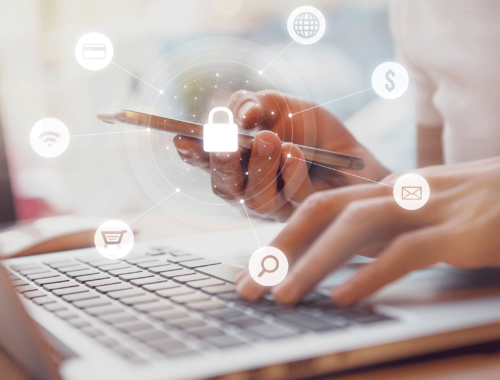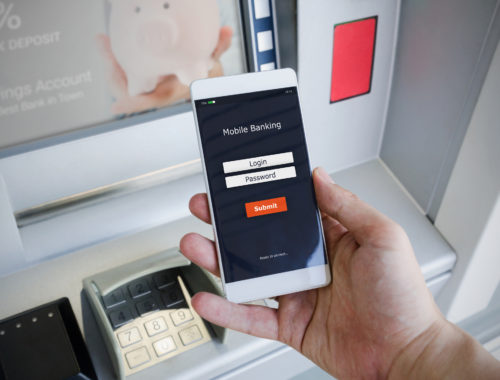Recently, a law school professor who teaches information privacy gave an optional assignment to her students: The students were to “try to determine a stranger’s identity, in a public place, using only Google search on your phone, based on things the stranger said loudly enough for lots of others to…
According to the Federal Trade Commission (FTC), Office Depot and its sister company, Support.com, have agreed to pay fines totaling $35 million to settle complaints that they tricked customers into buying computer repair and technical services after deceptively claiming they had found malware symptoms on the customers’ computers. Office Depot…
The Trump administration recently proposed new rules to give consumers greater access to their health information. The rules could become final later this year and they are intended to help unlock digital data held in hospitals’ health records as well as some health insurance claims. “It is removing friction points…
What do criminals do with all of those passwords they steal? One answer is credential stuffing. The bad guys know that most people reuse logins and passwords at multiple sites, so when they get credentials from one site (e.g., from a data breach at Yahoo or any one of thousands…
Apple has announced that they will be releasing a new credit card in the summer of 2019. This card promises to be different from most other credit cards in several ways, and it will offer a number of benefits, including cash-back rewards, no fees, a promise of lower interest and…
If someone close to you has passed, you may discover that you do not have access to important files stored on their computer, tablet, phone or social media accounts. There may be financial records, personal documents and emails or treasured family photographs that will be lost forever if you cannot…
Forget about those x-ray specs that used to be advertised in magazines. Researchers have now found a way to “see” through walls using Wi-Fi. Although you can’t see Wi-Fi signals, researchers at the University of California, Santa Barbara have used ambient Wi-Fi signals and an ordinary smartphone to see and…
Something isn’t right. Your computer is running much slower than usual. Your browser directs you to websites you didn’t choose to go to. Pop-ups are warning you that your system is infected, or that your system is locked and you have to pay a ransom to get to your files.…
The caller ID says that the Social Security Administration (SSA) is calling. The number displayed matches the toll-free number of the SSA, (800) 772-1213.When you pick up the phone you hear a recorded voice telling you that your Social Security number (SSN) has been suspended because it was involved in…
Social engineering attacks manipulate users into giving up information wanted by the hackers. They often involve email or other communication to invoke urgency, fear or other emotions in the victim, leading them to reveal sensitive information, click a malicious link, or open a malicious file. Because social engineering involves a…
Fans of “The Big Bang Theory” may recall this exchange in an episode from a few years ago: Penny: Hey, Sheldon, did you change your Wi-Fi password again? Sheldon: Yes, it’s “Penny, get your own Wi-Fi.” No spaces. The sitcom played it for laughs, but is it really funny to…
Cardless ATMs allow customers to access bank accounts using their phones instead of a card. These transactions are not only faster than those requiring a card, they are generally more secure. They eliminate the risk of scammers getting your card data with skimmers and they use the security features of…
An acquaintance recently mentioned to me that she was going to get a DNA report from one of the big DNA testing companies. Because I knew that Forbes reported that “many genetic-testing companies are actively selling user data to outside parties,” including pharmaceutical companies and others, I suggested that she…
The New Year is a perfect time for making resolutions. So while you are resolving to work out more often, eat healthier and get out of debt, take a few minutes to make and implement these simple resolutions that will help protect you from hacking and identity theft. Expert: Gary…














